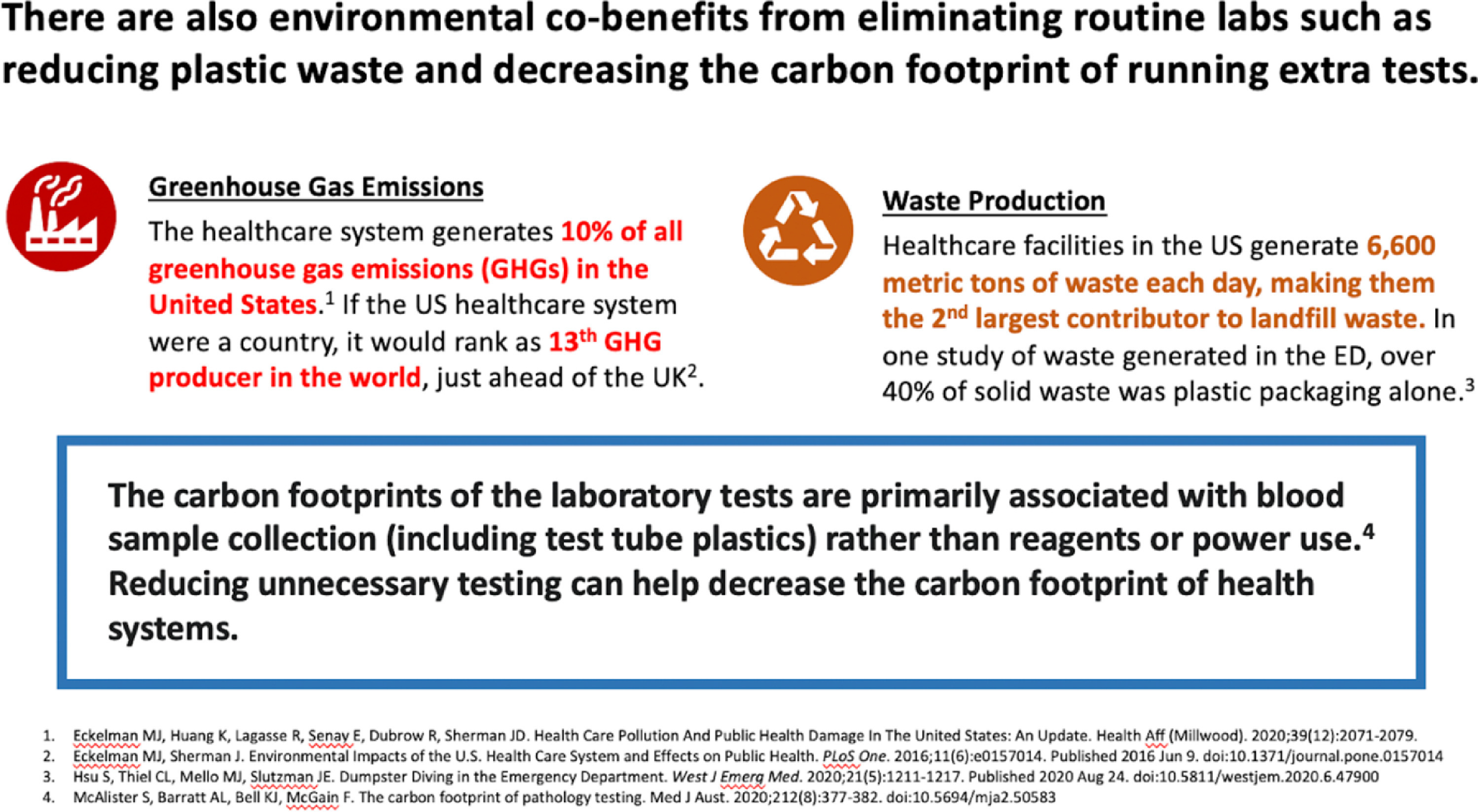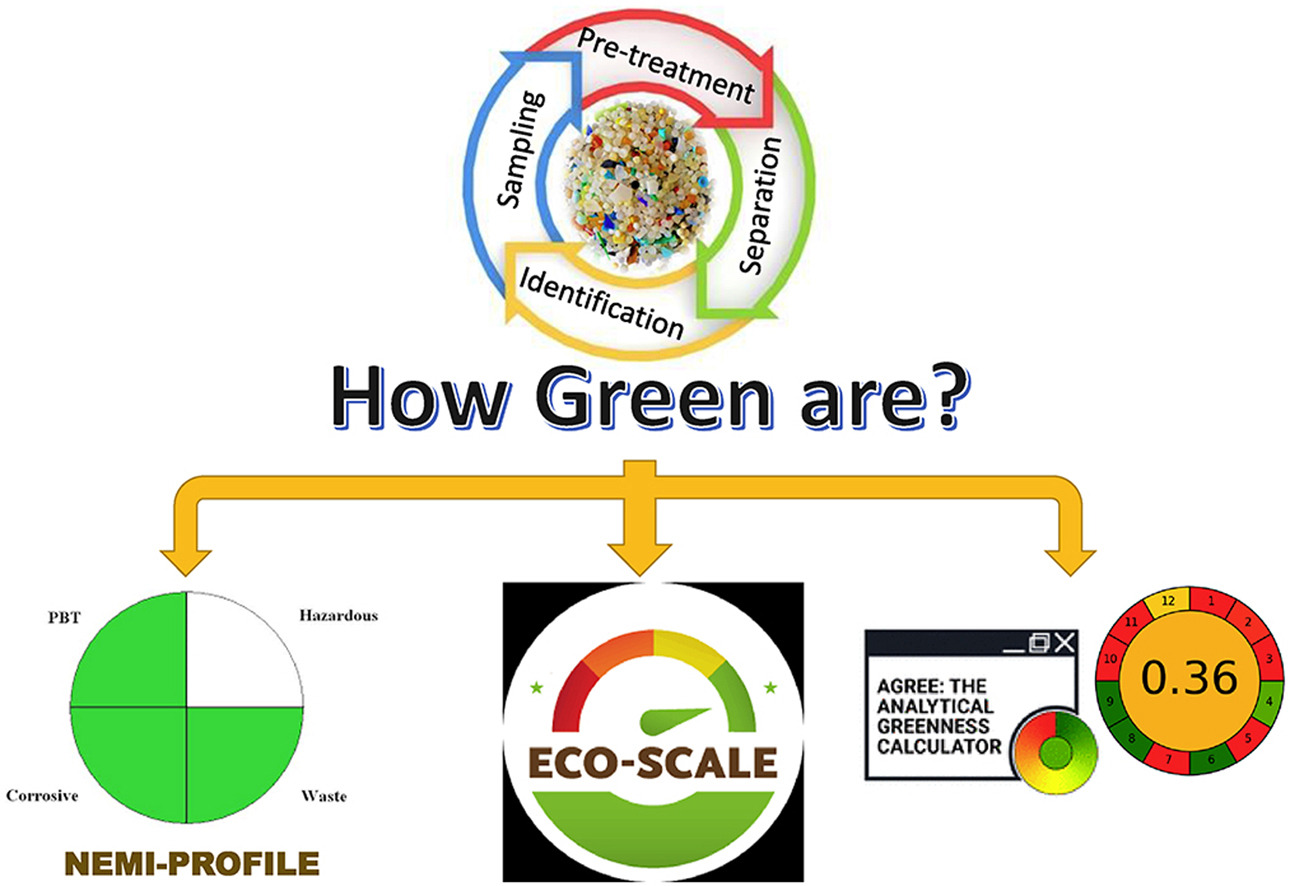Elsevier,
The Lancet Global Health, Volume 9, October 2021
This Viewpoint supports SDGs 3 and 10 by discussing how common practices in academic global health are peppered with epistemic wrongs that lead to or exacerbate epistemic injustice; for example, members of the global heath community often witness a cycle in which researchers assume that locals in marginalised areas and members of marginalised groups do not have the capacity to contribute to research, and thereby bypass such people's participation.
Elsevier, Current Opinion in Green and Sustainable Chemistry, Volume 31, October 2021
Microplastic (MP) and nanoplastic (NP) pollution is among the global environmental concerns of the 21st century owing to its transboundary distribution and persistence. The number of studies focused on the determination of MPs in air, water, sediment, soil, and biota of an important number of ecosystems has increased exponentially. However, the impact that the methodologies used to isolate and determine MPs and NPs have on the environment owing to the consumption of reagents and energy and the generation of waste is not yet studied.
Elsevier, Current Opinion in Green and Sustainable Chemistry, Volume 31, October 2021
Energy production and CO2 emissions are strictly connected. One of the most efficient and straightforward mitigations to the climate change is the conversion of CO2 into chemicals that may play the role of energy vectors in a carbon-based energy cycle. Practical aspects of using abundant and low-cost materials are crucial for real-world applications, in particular redox catalysts with high turnover number, selectivity, and efficiency to overcome the CO2 stability.


